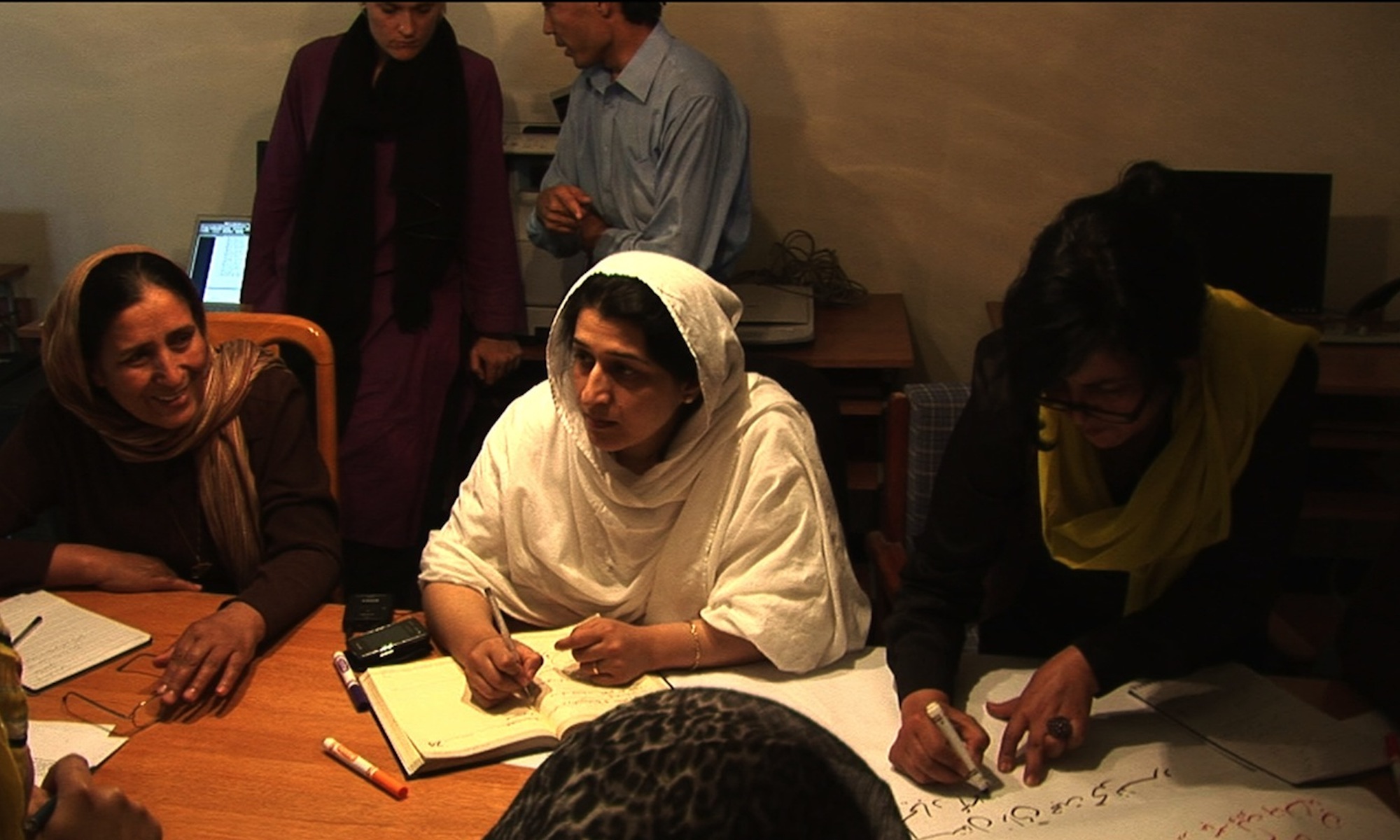Efficiency versus Sovereignty: Delegation to the UN Secretariat in Peacekeeping
This article analyses why the UN’s members delegate resources to the UN Secretariat in the sensitive field of peacekeeping. It argues that the Secretariat can carry out planning and implementation functions more efficiently, but that the states remain wary of potential sovereignty loss. Through a mixed methods approach, this article provides evidence for such a functional logic of delegation, but shows that it only applies from the late-1990s on. The change in approach of states towards delegation can be explained by feedback from the dramatic failures of peacekeeping in Bosnia and Herzegovina, Rwanda and Somalia.
Rushing to the Polls: The Causes of Premature Postconflict Elections
Western Soldiers and the Protection of Local Civilians in UN Peacekeeping Operations: Is a Nationalist Orientation in the Armed Forces Hindering Our Preparedness to Fight?
Mandates for UN peacekeeping operations in Africa have become more robust since the delivery of the Brahimi Report in 2000. Contrary to before, soldiers are now unmistakably expected to use force to protect local civilians in a number of UN peacekeeping missions in Africa. While this expectation of force may be celebrated, the question rises whether peacekeeping soldiers can meet the expectation. Are they ready to kill and risk their lives to protect local civilians? This question is especially pertinent to Western armed forces, which have contributed little to post-millennium UN peace operations in Africa but are explicitly called upon by the UN administration to contribute to the robust peacekeeping missions. This article discusses the question of moral and psychological preparedness in light of the possible tension between the nationalist orientation in Western armed forces and the cosmopolitan demands of UN peacekeeping operations in Africa.
Ten Years of International Peacekeeping
While ‘classical’ peacekeeping may have not been an appropriate answer to challenges in the early 1990s’ the demand for international deployments has not diminished, and nor has the demand for UN involvement. Three issues of the past decade are highlighted in this article: the question of continuity and change in peacekeeping practice; the critical role of politics in the advent and subsequent history of operations; and the respective importance of the UN and other institutions as vehicles for collective action.
Unintended Impacts and the Gendered Consequences of Peacekeeping Economies in Liberia
Despite increased international attention to managing the potential impacts of peacekeeping on host countries, unintended consequences continue to emerge. This article focuses particularly on the alternative economies that peacekeeping operations generate and the differential economic impacts on individuals who come into contact with peacekeepers. Based on empirical evidence derived from fieldwork in Liberia, the article highlights the everyday lives of women whose livelihoods have been affected by the presence of peacekeeping missions. It also discusses how such economies adjust during the peacekeeping drawdown phase, and explores the dynamics that such economies have on specific segments of the Liberian population. The argument is that, while peacekeeping economies are critical in stimulating the local economy and providing livelihoods during and in the immediate aftermath of war, they have negative unintended impacts that need mitigation.
Peacekeepers and Prostitutes: How Deployed Forces Fuel the Demand for Trafficked Women and New Hope for Stopping It
On numerous occasions in the past fifteen years, U.N. peacekeepers have been accused of sexually assaulting or abusing the populations they serve. A Comprehensive Review of peacekeeper misconduct completed in 2005 identified significant problems and recommended numerous changes to address them. The U.S. Army and NATO, in a response to the possibility that their deployed troops will be engaged in or facilitate human trafficking, have enacted new policies intended to remove their troops from the demand for women trafficked for sexual services. The Department of Defense and NATO initiatives are similar to those being considered by the United Nations for preventing sexual misconduct by its peacekeepers. Because the United States, NATO, and the United Nations are all addressing the problems of sexual misconduct by deployed troops, their efforts should be mutually reinforcing. The examples of American and NATO armed forces offer hope that the United Nations will also enact strong measures to prevent future misconduct by its peacekeepers.
